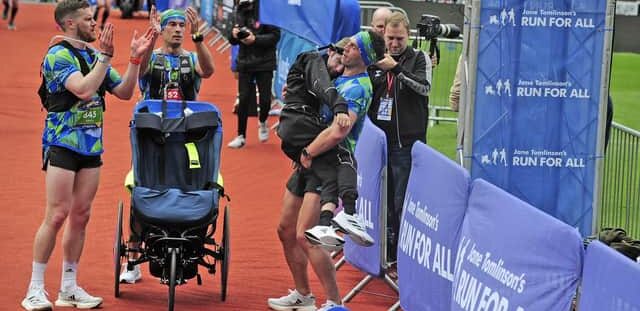
Across the Line
Stuart Murray
In May this year former Leeds Rhinos and Great Britain Rugby League captain Kevin Sinfield ran the Leeds Marathon to raise awareness and money for a variety of Motor Neuron Disease charities. The race was the latest in a series of runs Sinfield has made; he completed the London Marathon in April and an incredible seven ultra-marathons in seven days in November 2022, raising nearly £2.5 million.

Time and Artificial Bodies
Pat McConville
Heart failure is a common disease in which a person’s heart is unable to pump enough blood to meet the requirements of their body. The gold standard treatment for end-stage heart failure is heart transplantation.
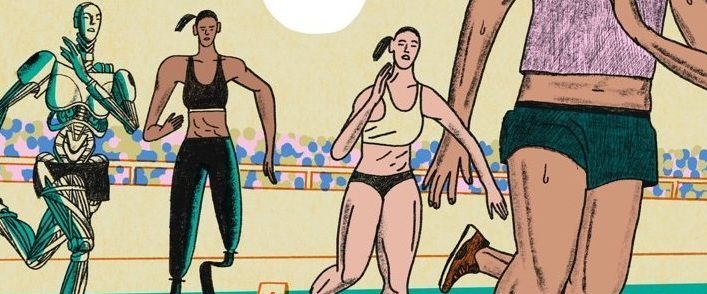
Sporting bodies and evolving technologies
Dr Ned Barker
In 1894 Pierre de Coubertin adopted the Latin words for Faster, Higher, Stronger (Citius, Altius, Fortius) as the official Olympic motto. To me, this motto reflects an essence of sporting activity, to push at the boundaries of what is deemed possible in terms of bodily performance.

Leaving the Meat Behind in Amazon Prime’s The Peripheral
Dr Anna McFarlane
Streaming services are desperate to break into the cultural zeitgeist that an instant-classic science fiction or fantasy blockbuster series can provide by reheating existing franchises; look no further than House of the Dragon, Bored of the Rings (I’m sorry, The Rings of Power), or Apple TV’s expensive flop Foundation…
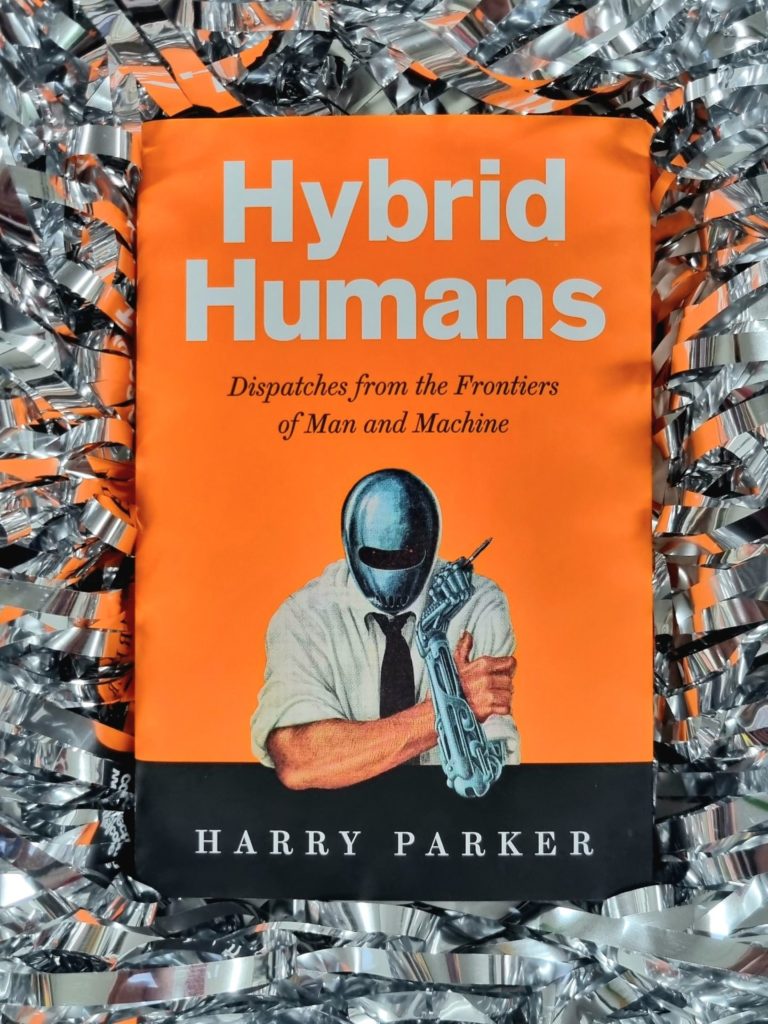
Is it time we stopped using the word ‘cyborg’? Harry Parker’s Hybrid Human
Jennie Gilman
In Hybrid Humans, Harry Parker makes a deeply personal, yet philosophically and scientifically rich case for ‘hybrid human’ as the alternative category needed to describe his own, and potentially our cultural, human-machine symbiosis.

Why do we find it so hard to be posthuman?
Michael Szollosy
Way back in August 2020, I had intended to write a review of the intriguingly-titled, German-produced Netflix series, Biohackers. Surely, I thought, this was a programme that calls to the itDf project;
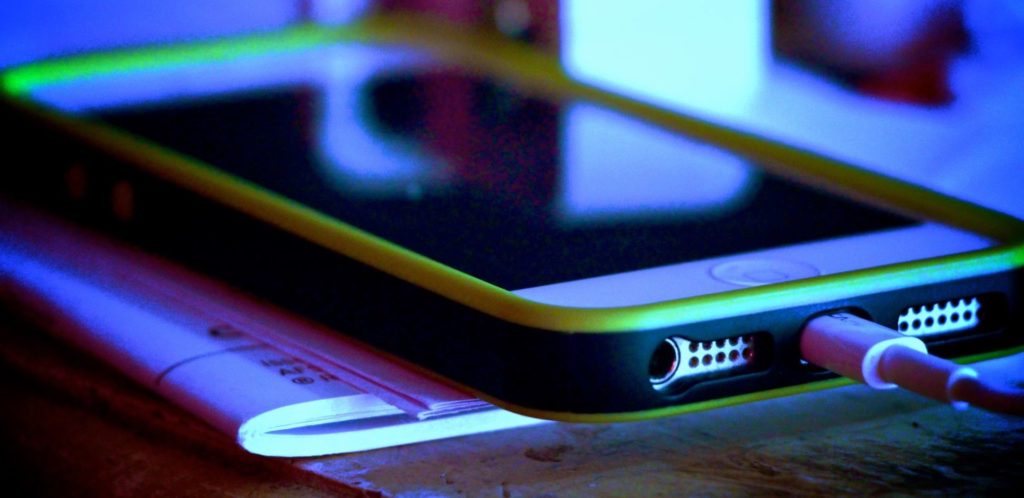
One app to rule them all: Disability and limitless technology
Stuart Murray
In an article for New York magazine late last year, marketing and technologist specialist Scott Galloway ruminated on Mark Zuckerberg’s decision to refashion Facebook into a ‘Metaverse’. Like most people, Galloway saw in Zuckerberg’s ideas and language a worrying and sensationalist drift towards a form of megalomania –
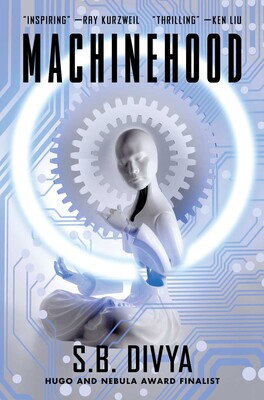
A Little Bit of Everything: S.B. Divya’s Machinehood
Stuart Murray
An interesting subset of science and speculative fiction is the body of writing by figures who have had previous careers, in one way or another, as scientists.

Outsourcing Womb: Surrogacy and Biocitizenship
Manali Karmakar
In this blog piece, I would like to speculate on the medico-legal status of the women from marginalized sectors of society who for financial benefits serve as gestational surrogates for rich consumer clientele.

Browsing the Catalogue of Medical Bodied Experience
Dominic Berry
There are things that medical professionals can and will do to you, either for the right price, or under the right circumstances. What those things are, what the price might be, and what conditions must pertain, are different all over the world.
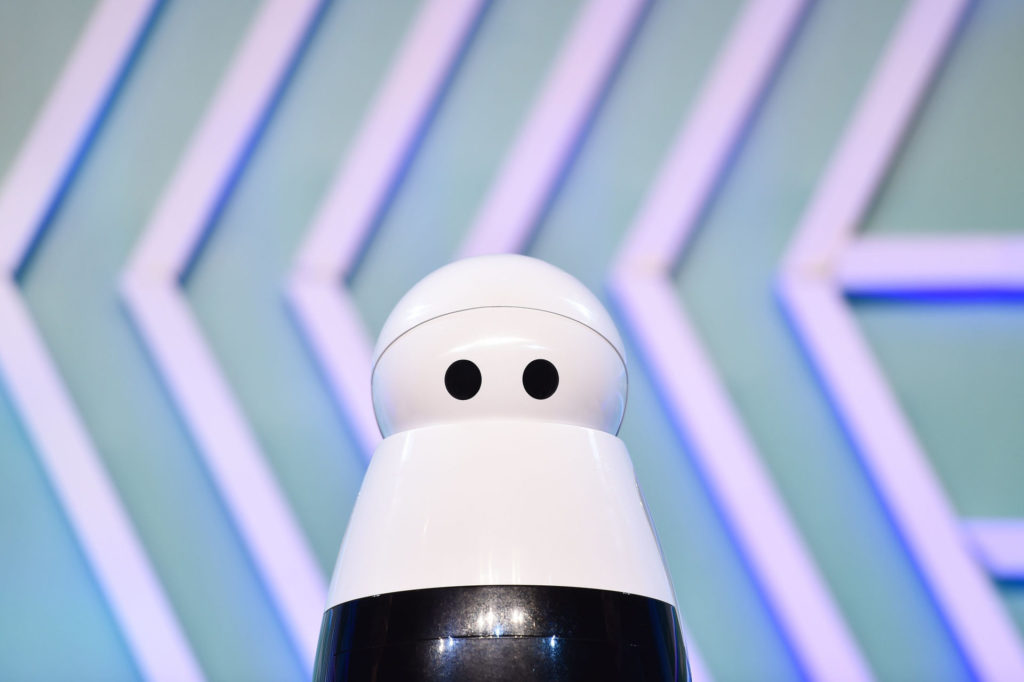
Raised by Robots?
Amelia DeFalco and Luna Dolezal
Since the term “robot” was coined just over 100 years ago in a play by Czech writer Karel Čapek, in which the robots look, behave and work like real people, there has existed both fear and fascination that robots will take over more and more of the work that humans do.
![a still image showing 2 women from the shoulders up from Bonyo Premer Golpo: Season 2, Hoichoi [Acropolis Entertainment]](https://itdfproject.org/wp-content/uploads/sites/88/2021/05/Acropolis-Entertainment-1-1024x362.jpg)
Neurodiverse BioCitizenship and Wasted Lives in Indian Web Series
Manali Karmakar
On 9th October 2020, the Indian video platform Hoichoi streamed a Bengali thriller web series titled Bonyo Premer Golpo (Wild Love Stories) that dramatizes the socio-cultural and legal crises of individuals with diagnosable neurobiological disorders.
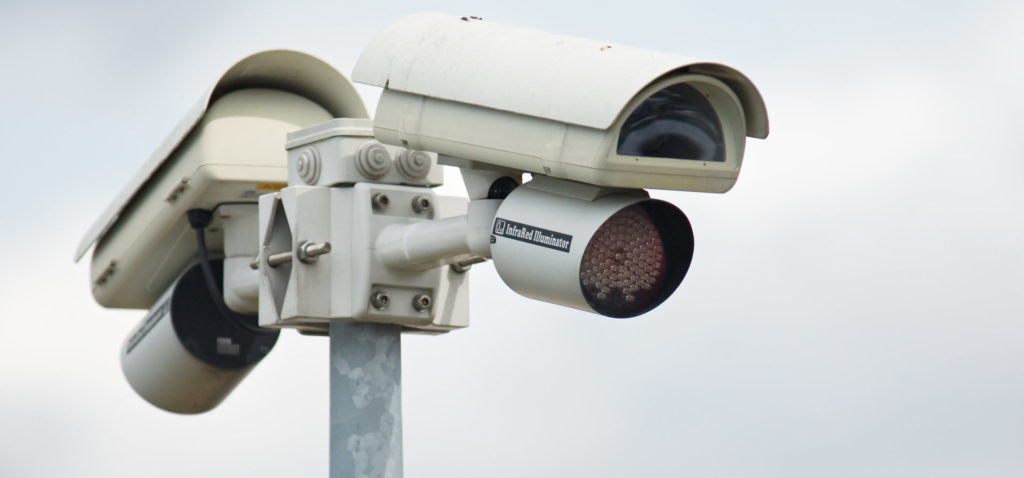
Vanishing and Surveillance in Pandemic Times
Ellie Wakeford
In Saleema Nawaz’s uncannily prescient 2020 novel Songs for the End for the World, a new coronavirus dubbed ARAMIS (acute respiratory and muscular inflammatory syndrome) rips through New York and rapidly spreads across the globe.
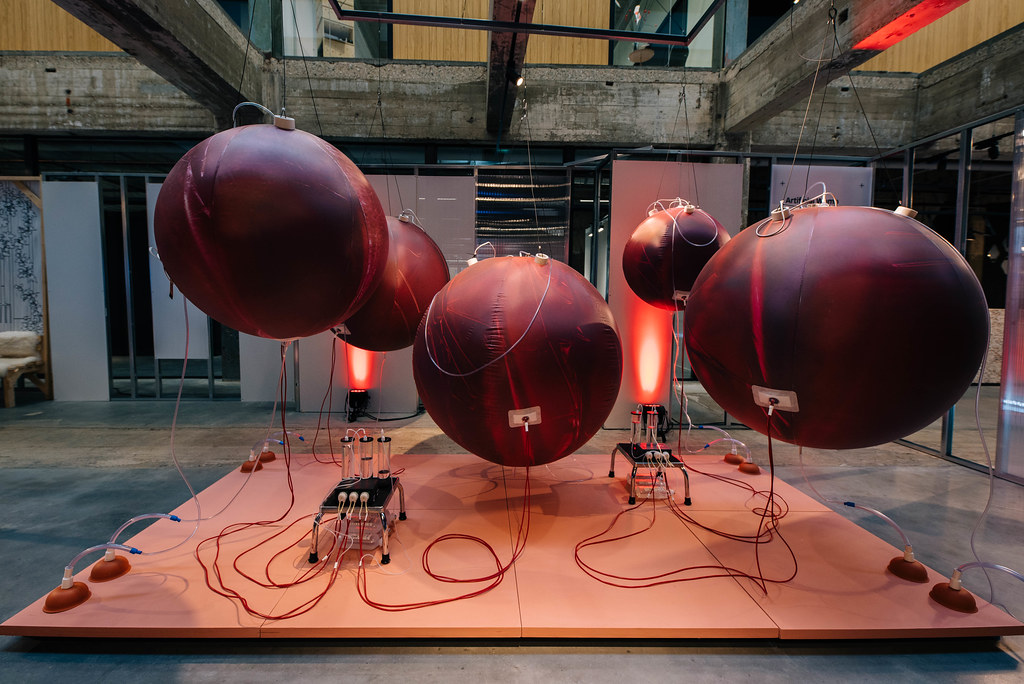
Artificial Wombs and the Politics of Disability Futures
Amelia DeFalco and Luna Dolezal
In April 2017 researchers at the Children’s Hospital of Philadelphia (CHOP) published a report detailing the creation of an extra-uterine device, or ‘Biobag,’ which successfully gestated a lamb for 4 weeks. CHOP’s goal is to develop the Biobag for human use, artificially extending gestation in cases of extreme prematurity in human babies.
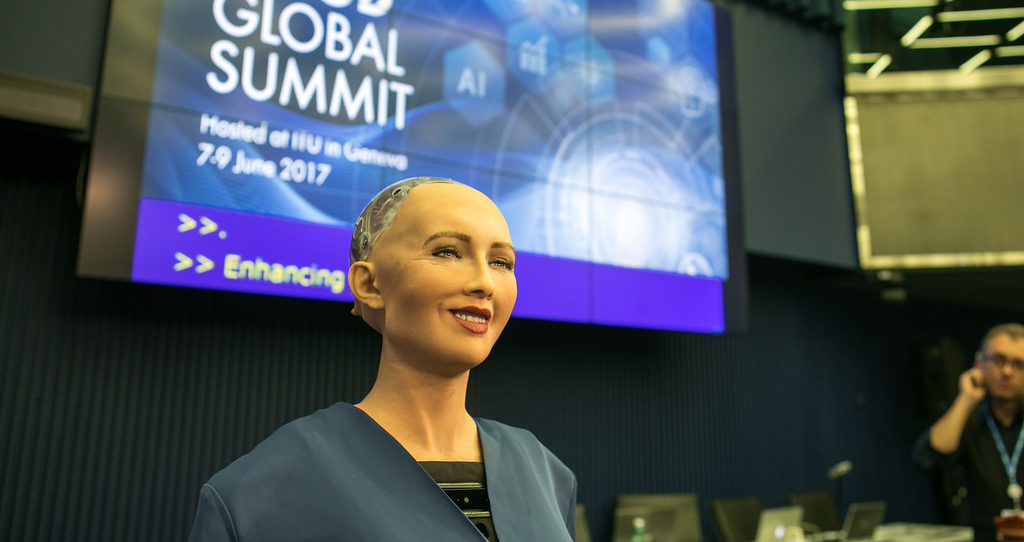
Can robots support our human need for social connectedness?
Tony J. Prescott
In the 2012 movie Robot and Frank the lead protagonist, a retired cat burglar, Frank, is suffering the early symptoms of dementia, such as forgetfulness. His son, partly out of concern, partly guilt, buys him a home robot of a kind that is not available yet but that has capabilities that could be achievable in robotics in the future.

The Price of Augmentative Communication Devices
James Rakoczi
In 2004, Don Mauricio – a Spanish citizen living with a condition known as locked-in syndrome – lost an appeal to the Tribunal Supremo Sala de lo Civil to reverse two 1990s judgements that had removed his legal right ‘to govern his person and property’.

Disability, Technology and the Stuff of Science Fiction
Stuart Murray
William Gibson’s 2014 novel The Peripheral starts with protagonist Flynne Fisher walking towards an old Airstream trailer at the end of her garden. Flynne is a gamer in a near-future small American town, a for-hire surrogate who provides security in virtual gaming worlds…
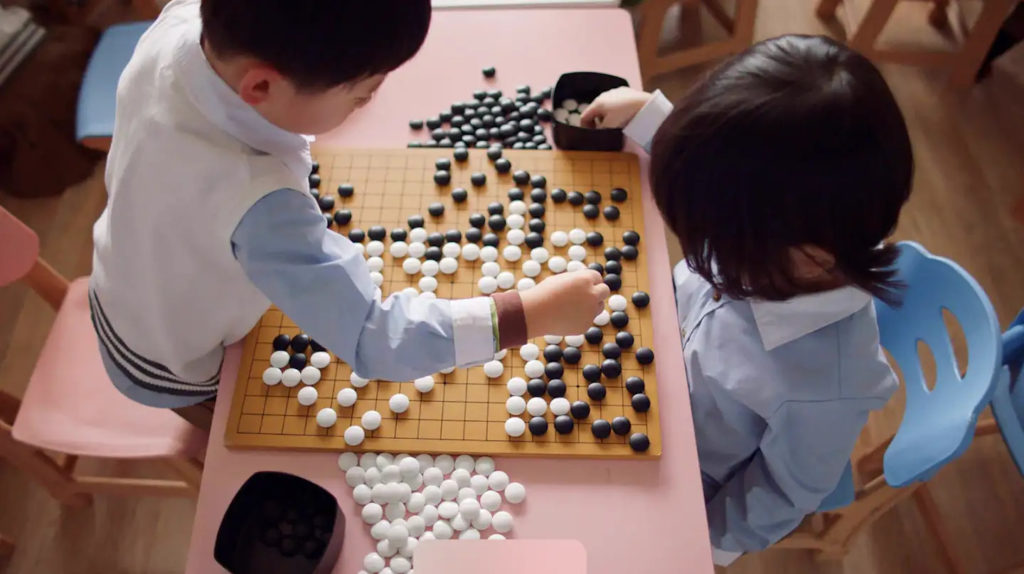
Thinking about ‘the human’
Michael Szollosy
I just finished watching a compelling, and emotionally moving documentary on DeepMind’s AlphaGo’s victory over the world’s best Go player, Lee Sedol. That was back in 2016. It seems like such a long time ago now, as if we’ve been living with this new reality of super-human AI for so long, that we take it for granted…

On the Extra/Ordinary Normal
Stuart Murray & Graham Pullin
In a famous scene in The Empire Strikes Back, the second film made in the Star Wars franchise, Luke Skywalker has his hand severed during a fight with Darth Vader, who afterwards reveals himself to be Luke’s father in one of the most seminal moments in film history.
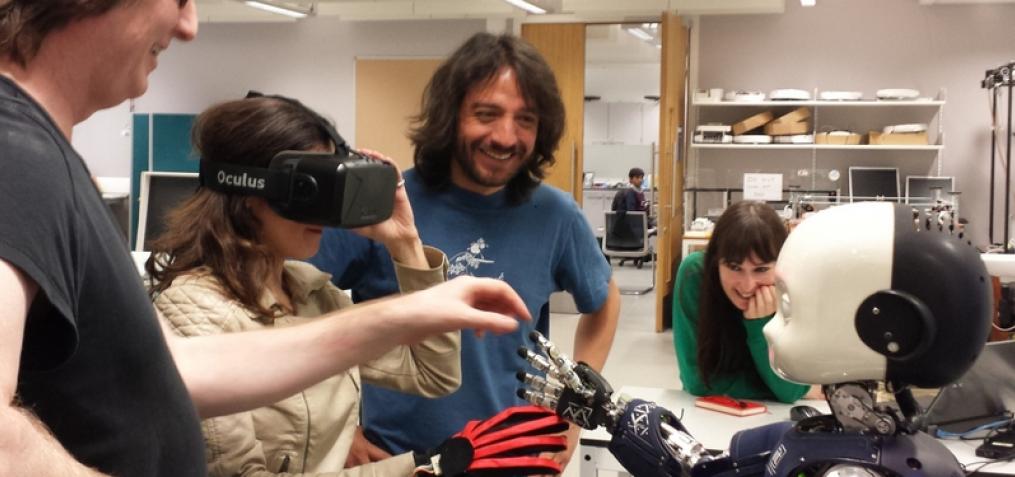
Robots, Telepresence and COVID-19
Michael Szollosy
The pressures and challenges of Covid-19 have seen rapid development and deployment of new technologies, particularly in health care, as people search for new ways of doing things that keep humans safe and secure during a global pandemic. Robots could be an important solution to help us out of this crisis…
